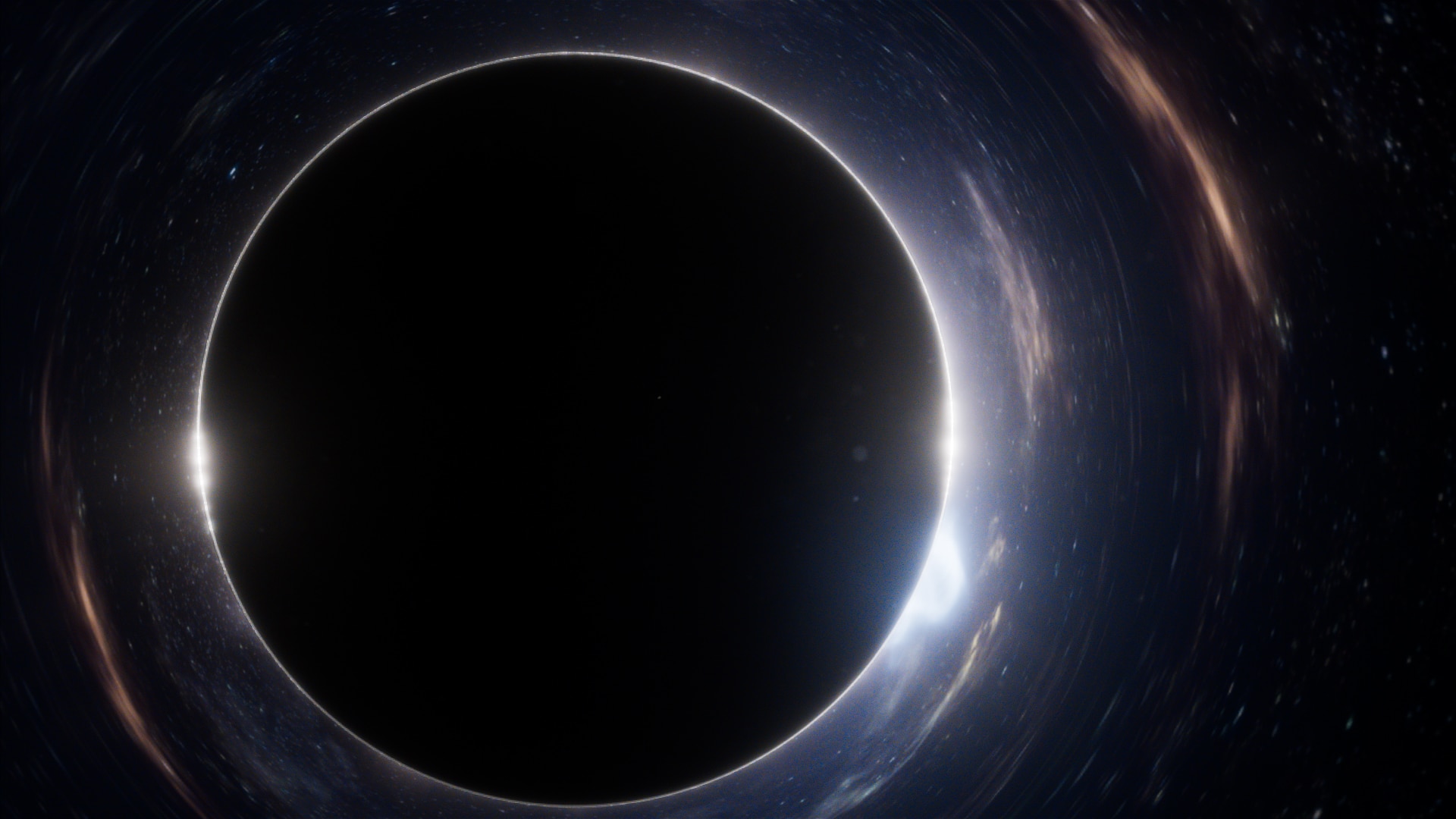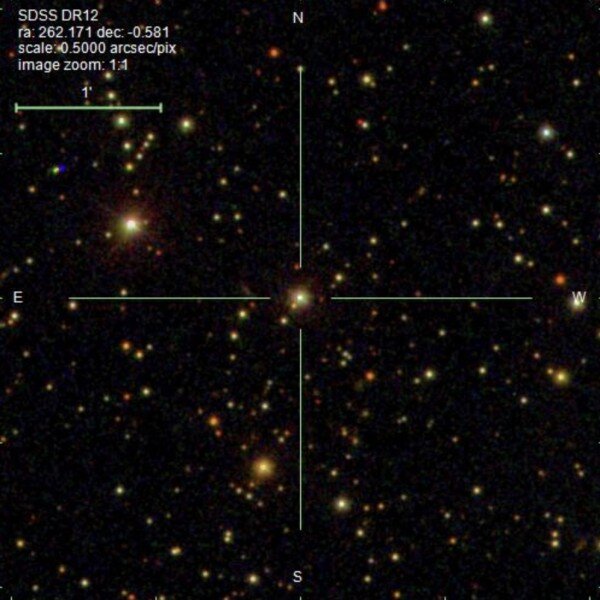The discovery of the nearest black hole, about 12 times the mass of the Sun, is described in detail in a new publication of the study in the Astrophysical Journal.
“A black hole is located closer to the Sun than any other. The distance to it is 1,550 light-years. By the standards of space, it’s practically in our backyard,” explains Dr. Sukanya Chakrabarti, professor of physics at the University of Alabama.

Black holes are considered exotic in the universe. Scientists are surprised by their incredible gravity, which is so powerful that even light is not able to escape from it. We can notice large black holes by their heated accretion disk or jet, but small ones are invisible, except that they can be fixed when they absorb the matter of their neighbor star.
Therefore, to find the nearest black hole, Dr. Chakrabarti and a national team of scientists analyzed data on almost 200 thousand binary stars using the European Space Agency’s Gaia satellite mission. Interesting sources have been confirmed by spectrographic measurements of various telescopes, including the automatic planet search in California, the giant Chilean Magellan Telescope and the WM Keck Observatory in Hawaii.

So a binary system of a star and a black hole was discovered. The star is similar in size to our Sun, which orbits a very massive object in an orbit with a period of 185 days. The interaction of the binary system turned out to be noticeable only in X-rays. “When matter from a star falls into this deep gravitational potential pit, we can see X-rays,” says Dr. Chakrabarti.
“Simple calculations indicate that there are about a million stars with black holes in our galaxy. But there are billions of stars in our galaxy, so it’s like looking for a needle in a haystack. The Gaia mission with incredibly accurate measurements has simplified our search,” says Dr. Chakrabarti.
Earlier we reported on how astronomers captured a black hole in the center of the Milky Way.
Follow us on Twitter to get the most interesting space news in time
https://twitter.com/ust_magazine

